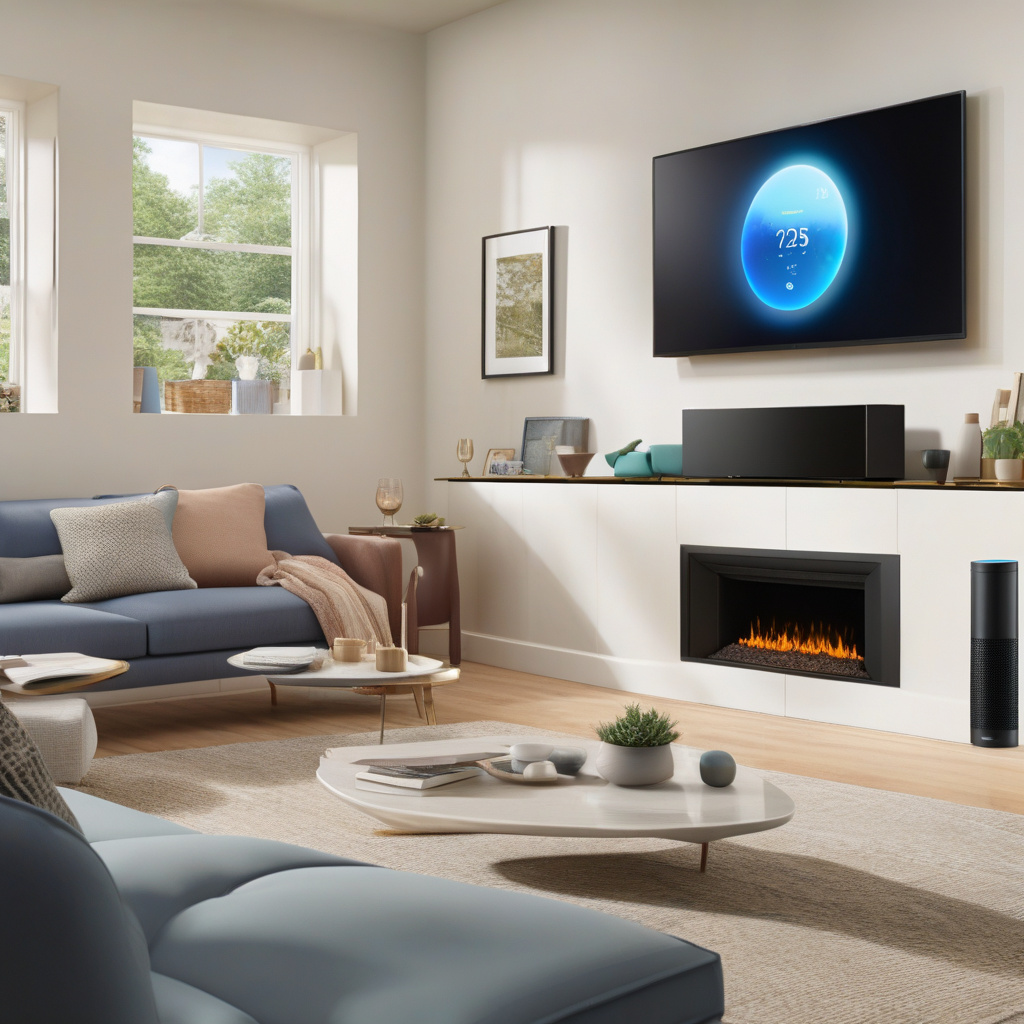Amazon’s latest offering in the world of smart technology, Alexa+, has certainly stirred up a buzz among tech enthusiasts and consumers alike. With its subscription-based model, Amazon is looking to provide an enhanced experience to users who are already familiar with the capabilities of its popular virtual assistant, Alexa. However, the decision to make Alexa+ free for Prime members while charging $20 per month for non-Prime users has raised some eyebrows in the tech community.
For Prime members, the prospect of accessing Alexa+ at no additional cost is undoubtedly enticing. This move is a strategic one by Amazon, aiming to further solidify the value proposition of a Prime membership. By bundling Alexa+ with Prime, Amazon not only adds more value to the subscription but also potentially increases user engagement with its ecosystem of products and services. Prime members will be able to enjoy the advanced features of Alexa+ seamlessly, without any extra financial commitment.
On the flip side, the decision to charge non-Prime users $20 per month for Alexa+ raises questions about the pricing strategy and the perceived value of the service. While Amazon has positioned Alexa+ as a premium offering with advanced functionalities, the monthly fee might deter potential customers who are not already part of the Prime ecosystem. This pricing model could potentially limit the reach of Alexa+ and hinder its mass adoption, especially among users who are already accustomed to free virtual assistant services.
In the competitive landscape of virtual assistants, where users have access to a plethora of free options, including Amazon’s own Alexa, the value proposition of Alexa+ becomes crucial. The subscription fee of $20 per month needs to be justified by offering unique features and capabilities that set Alexa+ apart from its free counterparts. Amazon will need to clearly communicate the added benefits of Alexa+ to persuade non-Prime users to make the financial commitment.
Moreover, the success of Alexa+ will also depend on the continuous development of new features and functionalities that keep users engaged and justify the recurring subscription fee. Amazon will need to demonstrate a commitment to innovation and user experience to retain existing subscribers and attract new ones. The evolution of Alexa+ over time will be a key factor in determining its long-term viability in the market.
Overall, Amazon’s decision to introduce Alexa+ as a subscription-based service is a bold move that comes with both potential rewards and risks. While offering it for free to Prime members enhances the value of the subscription, the $20 monthly fee for non-Prime users raises questions about the service’s competitiveness in a crowded market. As Alexa+ unfolds and reveals its full capabilities, users and industry experts will be closely watching to see if it delivers on its promise and justifies the price tag.


